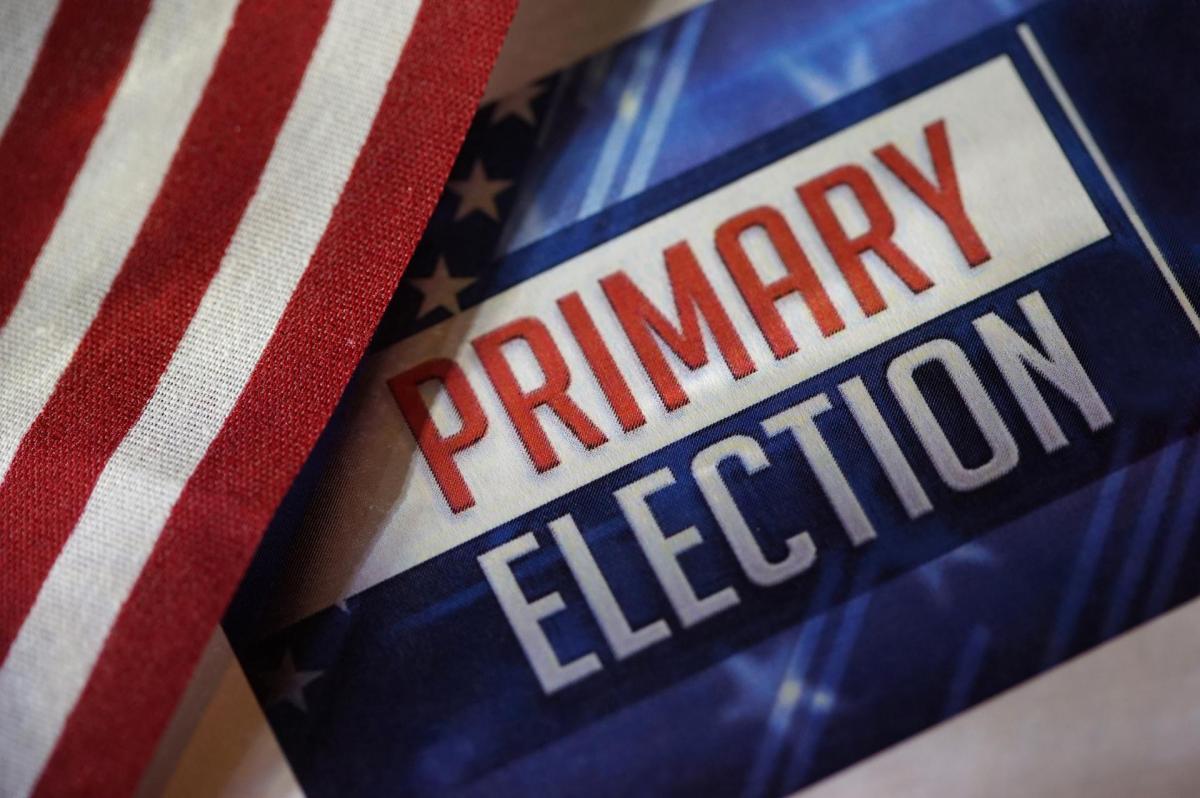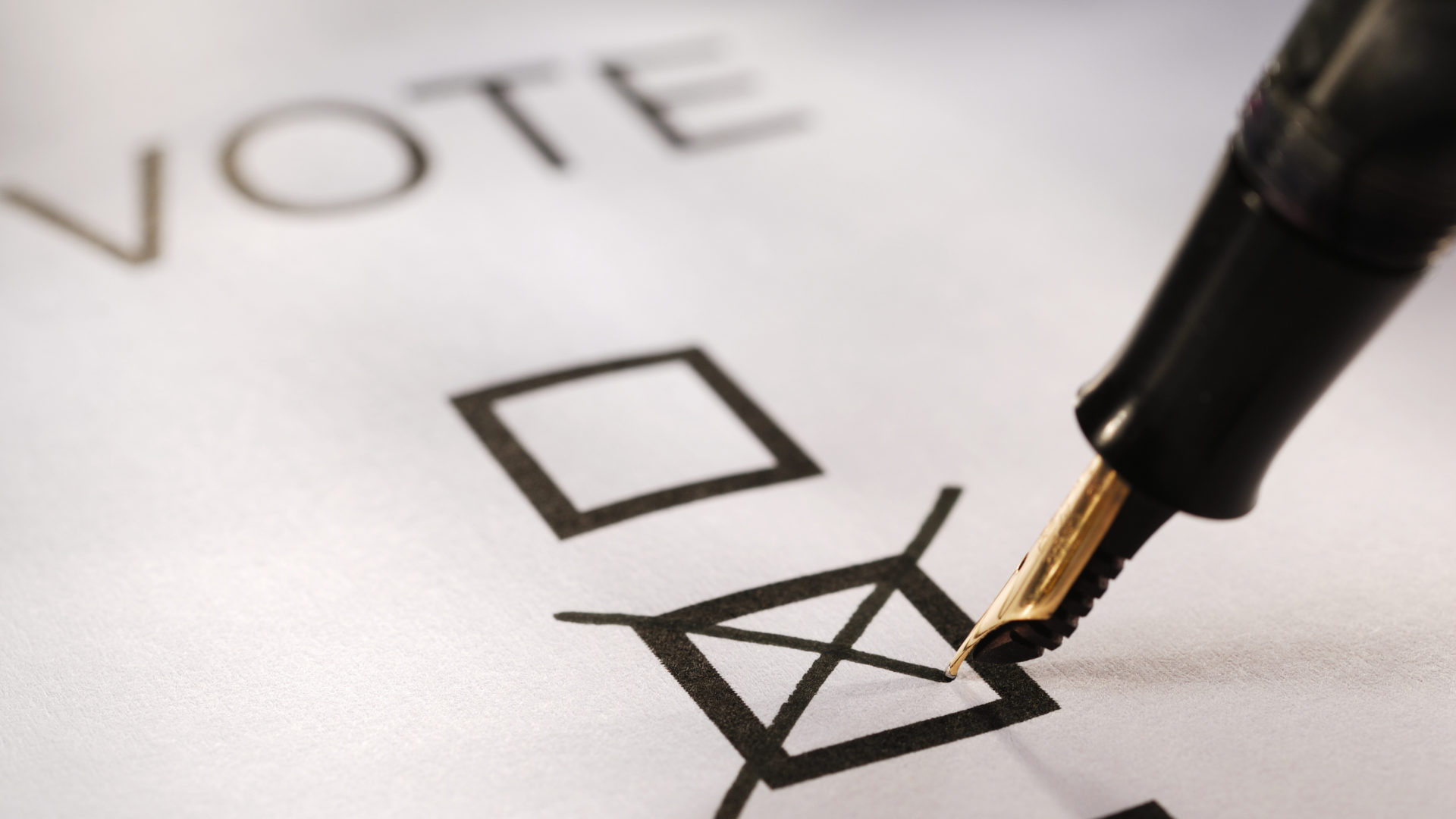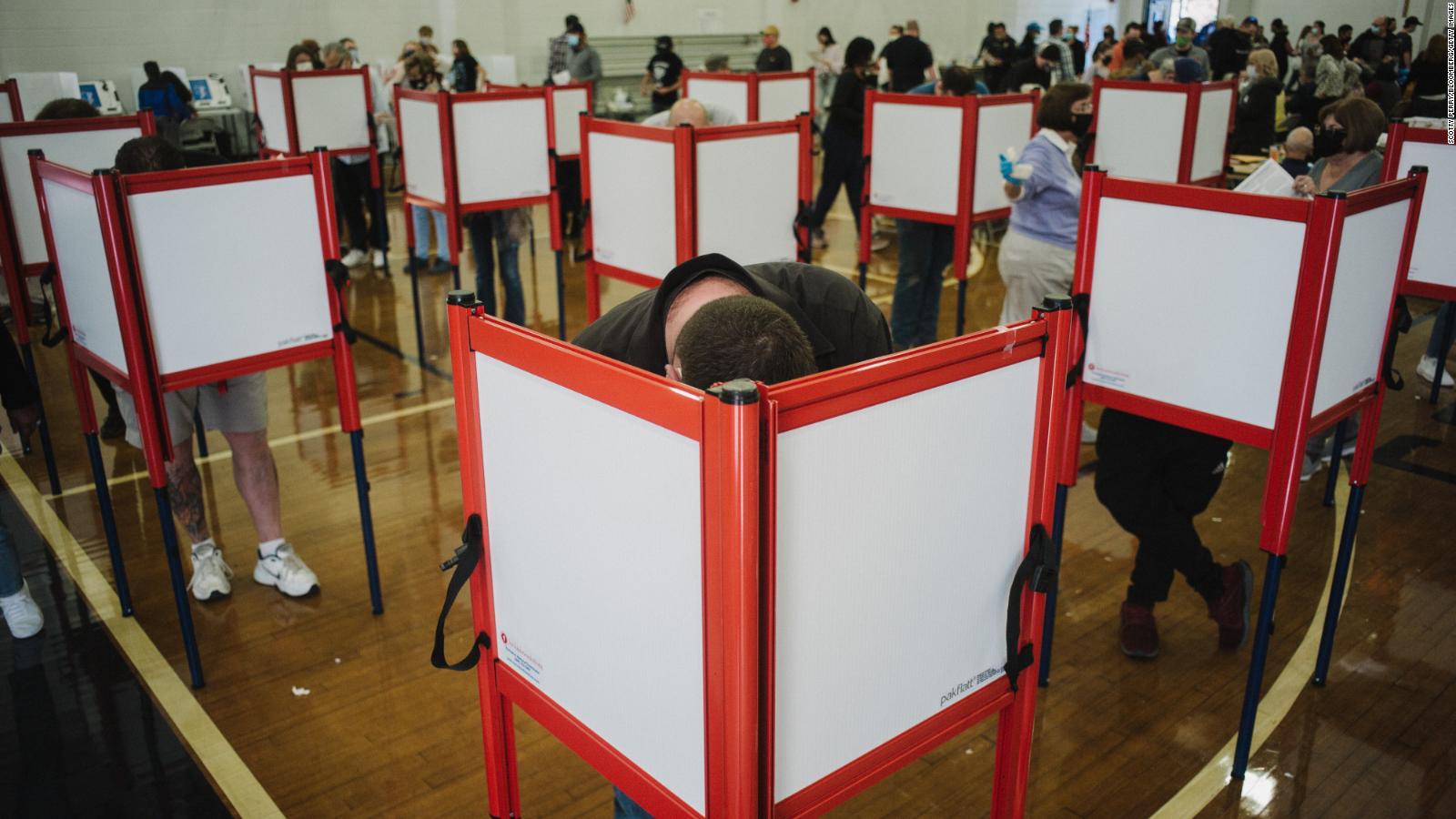The Current State of Primaries

Primaries, the preliminary elections held within a political party to select a candidate for the general election, are a cornerstone of the American political landscape. They provide a platform for diverse viewpoints and allow voters to express their preferences, ultimately shaping the direction of the political discourse. However, the current state of primaries is characterized by both evolving trends and persistent challenges.
Trends and Challenges, Primaries today
The evolving nature of primary elections is evident in the rise of candidate-centered campaigns, fueled by social media and online platforms. This shift has altered the traditional dynamics of party control and amplified the role of individual candidates in shaping the political landscape. However, this trend also presents challenges. The increasing reliance on social media raises concerns about misinformation and the potential for polarization.
- Increased Polarization: The rise of social media and candidate-centered campaigns has contributed to increased polarization in primary elections. Candidates often tailor their messages to appeal to specific segments of the electorate, leading to a more fragmented and divided political landscape.
- Misinformation and Disinformation: The ease with which misinformation and disinformation can spread online poses a significant challenge to the integrity of primary elections. This can distort voters’ understanding of candidates and issues, potentially influencing the outcome of elections.
- The Role of Superdelegates: In the Democratic Party, superdelegates, who are unpledged delegates, can play a significant role in determining the outcome of primary elections. Their presence has been the subject of debate, with some arguing that they undermine the democratic process by giving party leaders undue influence.
Factors Influencing Primary Outcomes
The outcome of primary elections is influenced by a complex interplay of factors, including:
- Candidate Quality: Voters often consider a candidate’s experience, qualifications, and policy positions when making their decisions.
- Campaign Resources: Candidates with access to significant financial resources have an advantage in reaching voters and communicating their message.
- Media Coverage: The amount and nature of media coverage can significantly impact a candidate’s visibility and public perception.
- Voter Turnout: The number of voters who participate in primary elections can have a significant impact on the outcome.
The Impact of Primaries on Policy and Governance

Primary elections play a crucial role in shaping the political landscape and influencing the policy agenda. They serve as a platform for voters to express their preferences and ultimately determine the candidates who will compete in the general election. The impact of primaries extends beyond candidate selection, influencing the policy positions of elected officials and the overall direction of governance.
The Influence of Primaries on Candidate Selection
Primaries significantly impact the selection of candidates for office, often shaping their policy positions to align with the preferences of the electorate. The primary process encourages candidates to cater to the views of their party’s base, leading to a focus on specific issues and ideological stances. This can result in candidates adopting more extreme positions to appeal to a narrow segment of the electorate, potentially limiting the range of policy options available in the general election.
“The primary system has a significant impact on the selection of candidates, as it often leads to the nomination of individuals who are more ideologically extreme and less willing to compromise.” – Political Science Professor, University of California, Berkeley
- Candidates may adopt more extreme positions to appeal to a narrow segment of the electorate, potentially limiting the range of policy options available in the general election.
- The emphasis on ideological purity in primaries can sometimes lead to the selection of candidates who are less experienced or qualified for office.
- The focus on fundraising in primaries can disproportionately favor wealthy candidates or those with strong ties to special interest groups.
The Future of Primaries: Primaries Today

The primary system, while integral to American democracy, faces numerous challenges. As we look ahead, it’s crucial to examine potential changes and innovations that could enhance the primary process and ensure its continued relevance.
The Impact of Technology and Social Media on Primaries
Technology and social media are transforming the political landscape, including primaries. The increasing use of online platforms for campaigning, voter outreach, and information dissemination has significantly impacted how candidates connect with voters and how voters engage in the primary process.
- Increased Accessibility and Participation: Online platforms provide greater accessibility for candidates to reach voters, particularly younger generations who are more digitally connected. Social media allows candidates to engage with voters directly, bypassing traditional media outlets. This increased accessibility can potentially lead to higher voter turnout and engagement in primaries.
- Rise of Micro-Targeting and Data Analytics: Candidates are leveraging data analytics to micro-target specific voter segments with tailored messages. This allows for more effective campaign strategies but raises concerns about the potential for manipulation and the spread of misinformation.
- Spread of Misinformation and Polarization: Social media platforms have become fertile ground for the spread of misinformation and the echo chamber effect, where individuals are exposed only to information that confirms their existing beliefs. This can exacerbate political polarization and make it challenging for voters to access accurate information about candidates and their positions.
Potential for Reform and Modernization of the Primary System
The primary system is ripe for reform and modernization to address its shortcomings and ensure its continued relevance in the 21st century.
- Open Primaries: Open primaries allow voters to choose which party’s primary they want to participate in, regardless of their own party affiliation. This could potentially increase voter turnout and reduce the influence of party insiders.
- Ranked-Choice Voting: Ranked-choice voting allows voters to rank candidates in order of preference. If no candidate receives a majority of first-choice votes, the candidate with the fewest votes is eliminated, and their votes are redistributed according to voters’ second choices. This system can reduce strategic voting and ensure that the candidate with the broadest support wins.
- National Primary Calendar: A national primary calendar could streamline the primary process, reducing the length of the campaign season and allowing for a more focused and efficient process.
Primaries today are a key stage in the political process, shaping the field of candidates for the upcoming general election. One race to watch closely is that of incumbent Representative Ilhan Omar, whose reelection bid has drawn national attention. You can find a detailed analysis of Omar’s election results, including her political journey, here.
The outcome of these primaries will have a significant impact on the political landscape, influencing everything from policy debates to the overall tone of the upcoming campaign.
Primaries today are a key indicator of voter sentiment, and one of the most closely watched races is in Minnesota, where Representative Ilhan Omar is facing a tough re-election bid. Ilhan Omar polls show a tight contest, with the outcome potentially influencing the national political landscape.
The results of these primaries could offer valuable insights into the political climate leading up to the midterm elections.